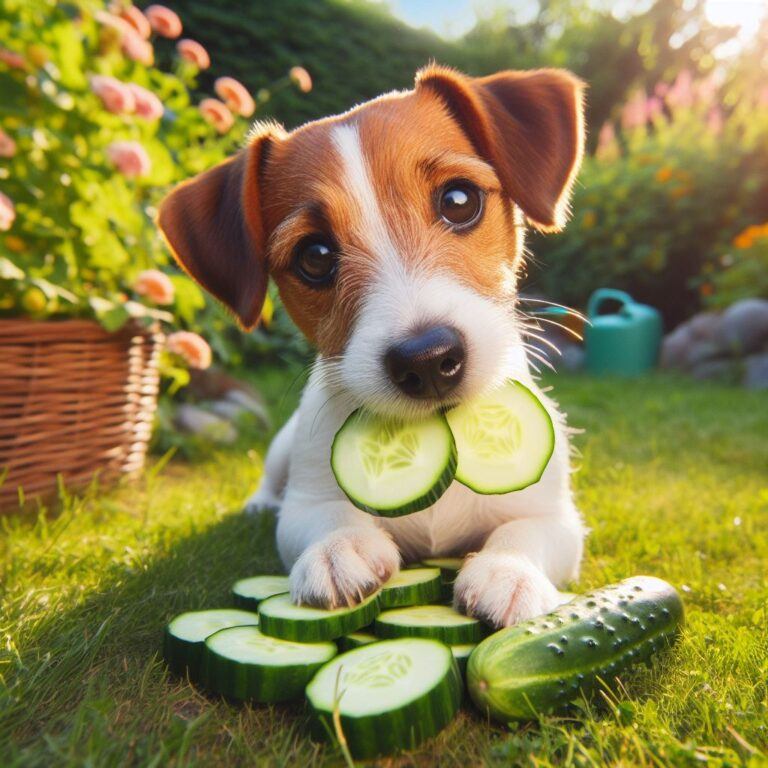Can Dogs Safely Eat Cabbage
The answer here is yes, dogs can safely cabbage, however, as with any dietary addition, moderation and awareness are paramount. Full of Vitamins K, and C along with manganese and fiber cabbage can be a great addition to a dog’s diet.
Benefits and Nutritional Value of Cabbage for Dogs
Cabbage, a cruciferous vegetable, is a nutritional powerhouse for our furry friends. Beyond its delightful crunch, cabbage contributes an array of essential nutrients to a dog’s diet.
Vitamin K, crucial for blood clotting and bone health, finds a place in cabbage’s nutritional profile. Meanwhile, the bounty of vitamin C and manganese supports collagen formation, antioxidant defenses, and overall immune system resilience.
Despite the primarily carnivorous nature of dogs, the introduction of vegetables like cabbage can be advantageous. The fiber content in cabbage aids in digestion, offering a potential solution for dogs with sensitive stomachs.
Additionally, the diversified nutrient palette that cabbage brings to the table adds a valuable layer to the overall health and vitality of our beloved pets.
Moderation, Portion Control, and Potential Risks
While the nutritional benefits of cabbage are noteworthy, the golden rule in canine culinary exploration remains moderation.
Dogs, much like us, can experience digestive discomfort when subjected to sudden dietary shifts or excessive quantities of new foods.
To find the right balance, consider cabbage as a supplemental treat rather than a primary dietary component.
Chopping the cabbage into small, manageable pieces not only promotes easier digestion but also ensures that the introduction of this cruciferous delight is gentle on your dog’s digestive system.
While the green light for cabbage consumption is shining bright, it’s crucial to monitor potential risks and concerns with a discerning eye.
Some dogs, particularly those with more sensitive stomachs, might experience gas or mild gastrointestinal discomfort during the initial phases of eating cabbage.
Just take note that there are compounds in cabbage that could influence thyroid function if consumed excessively.
However, it’s vital to note that such concerns typically arise with prolonged and substantial cabbage intake. As a diligent pet owner, moderation is your ally in staying clear of potential problems.
Best Practices for Serving Cabbage and Monitoring Your Dog’s Reaction
To elevate the safety and enjoyment of cabbage for your canine companion, adhere to a set of best practices tailored for optimal canine consumption:
- Preparation Methods: The debate between raw and cooked cabbage for dogs leans toward the latter. Lightly steaming or boiling cabbage can enhance its digestibility, particularly for dogs with more sensitive digestive systems.
- Avoid Additives: Simplicity is key when it comes to adding foods to our dog’s diets. Avoiding additives such as salt, seasonings, especially garlic and onions or dressings ensures that the cabbage remains a wholesome and beneficial addition to your dog’s diet.
- Portion Size: Precision in portioning is paramount. Cabbage treats should constitute no more than 10% of your dog’s daily caloric intake. This not only maintains a balanced diet but also safeguards against the risk of overconsumption.
Understanding that every dog is an individual with unique dietary tolerances, the introduction of cabbage needs careful monitoring. Observe your canine companion for any signs of discomfort or behavioral changes.
Digestive issues, though rare in moderation, might prompt a need for adjustments in portion size or even the temporary removal of cabbage from their diet. Cooked meats such as beef, chicken, or turkey may be better options.
Cabbage stands as a flavorful and nutritious addition to your dog’s diet. Its array of essential nutrients, coupled with the potential risks carefully managed through moderation, makes cabbage a delightful treat for your canine friend.
However, responsible pet ownership extends beyond the culinary realm. If questions or concerns arise during the introduction of new foods like cabbage, a consultation with your veterinarian becomes invaluable.
Their expertise provides a tailored approach, ensuring that dietary decisions align with your dog’s unique health profile. With the right blend of knowledge and care, cabbage can find a well-deserved place in your dog’s heart and bowl, contributing to a vibrant and wholesome life.







